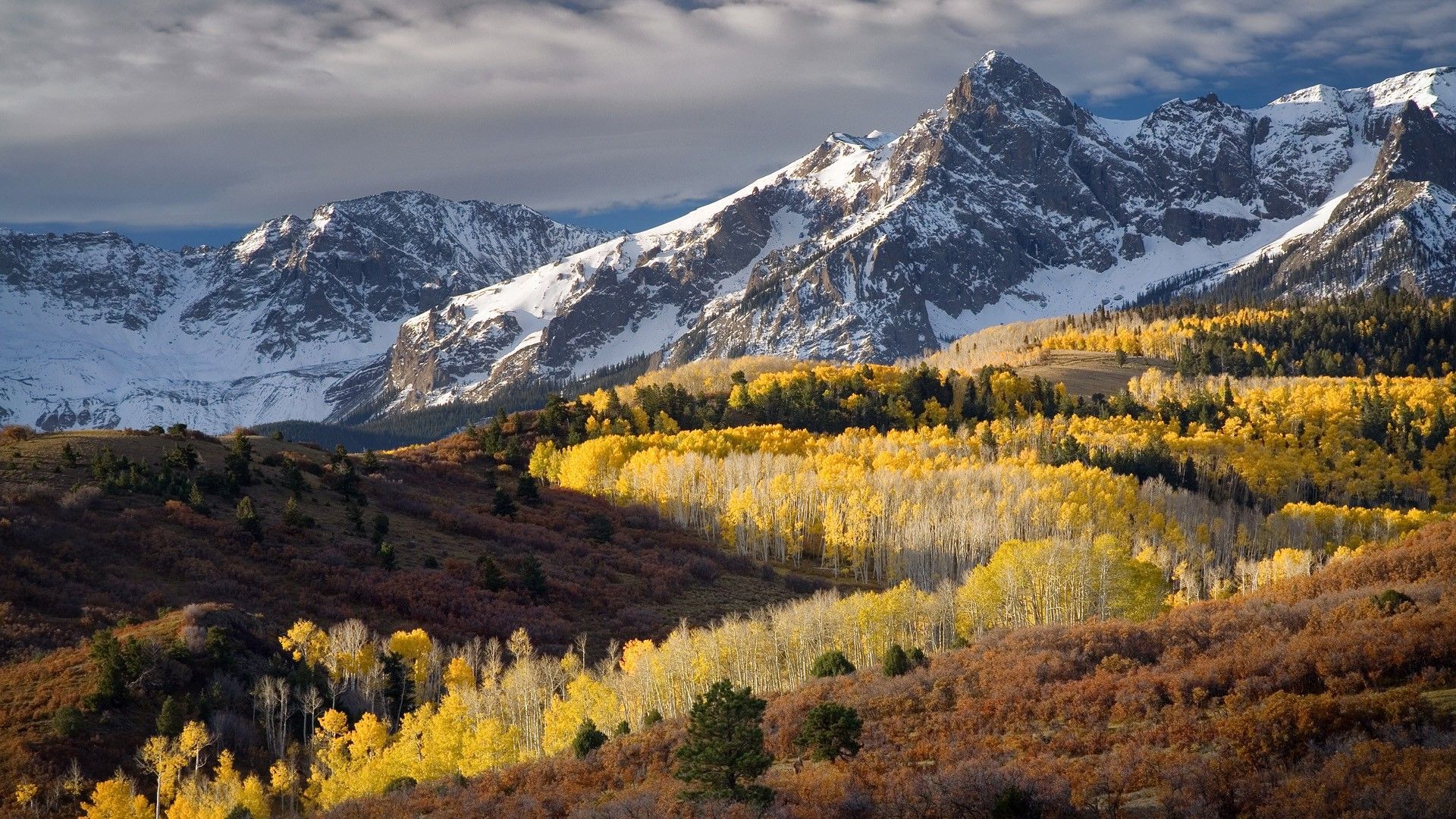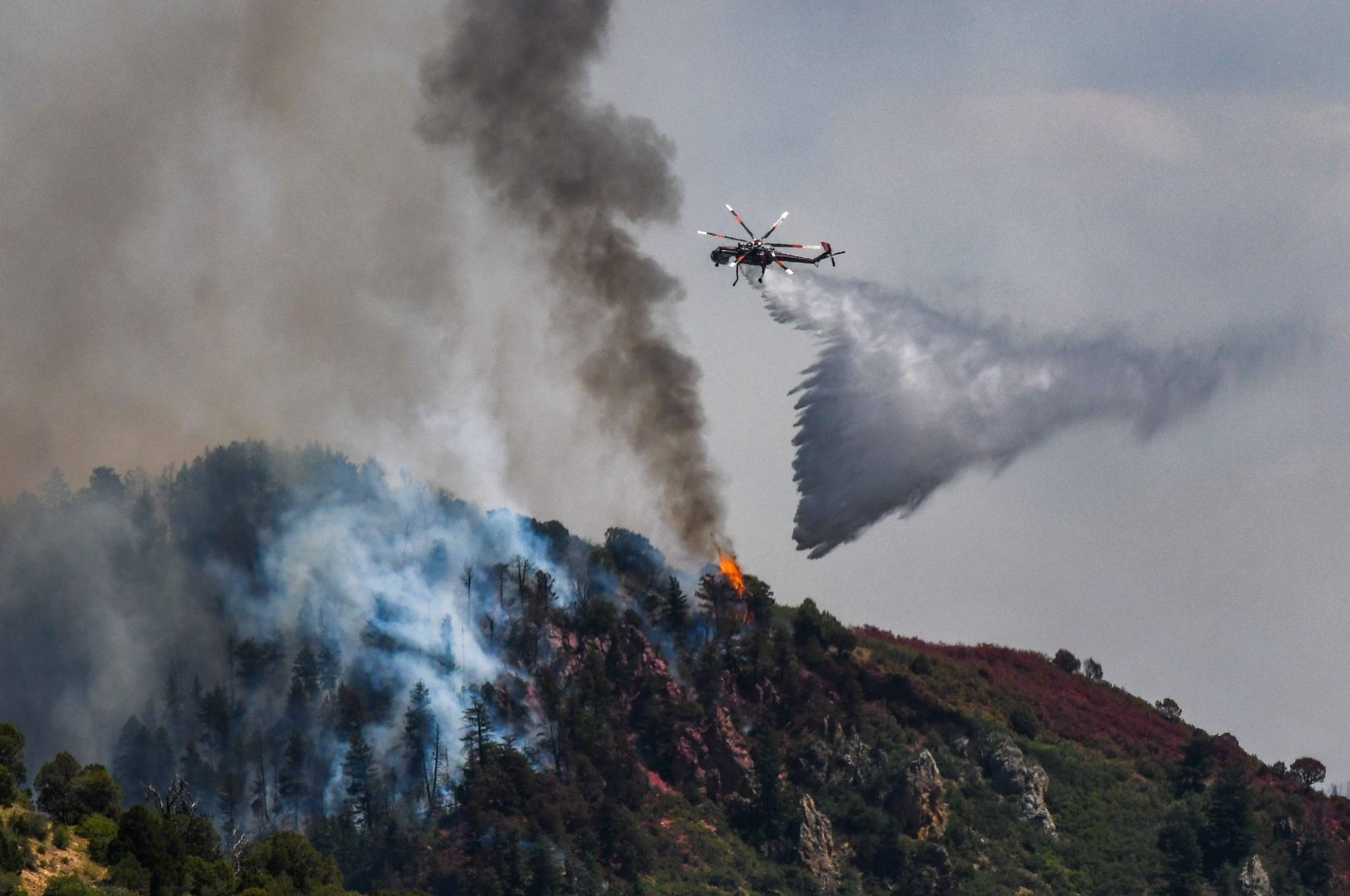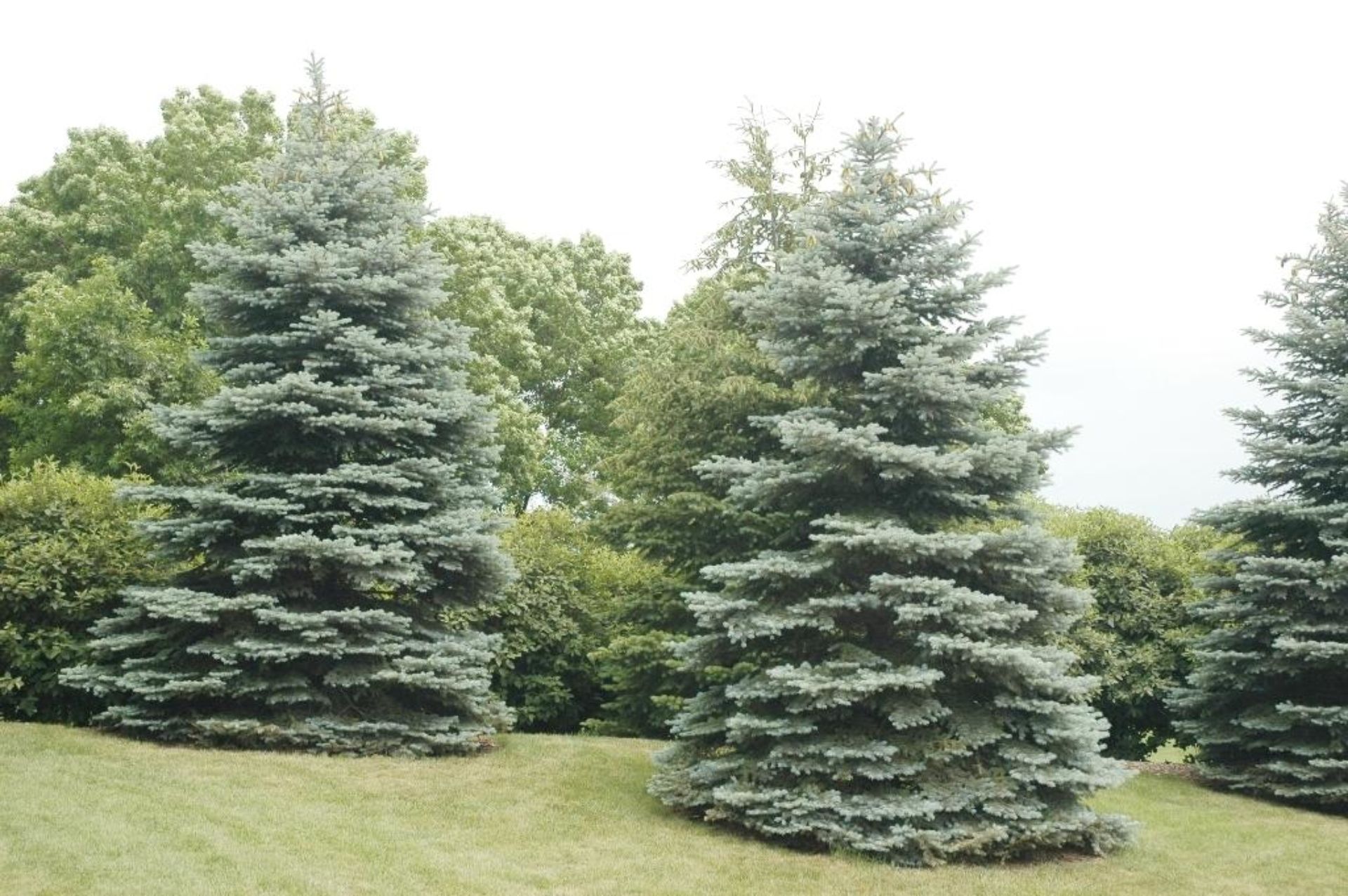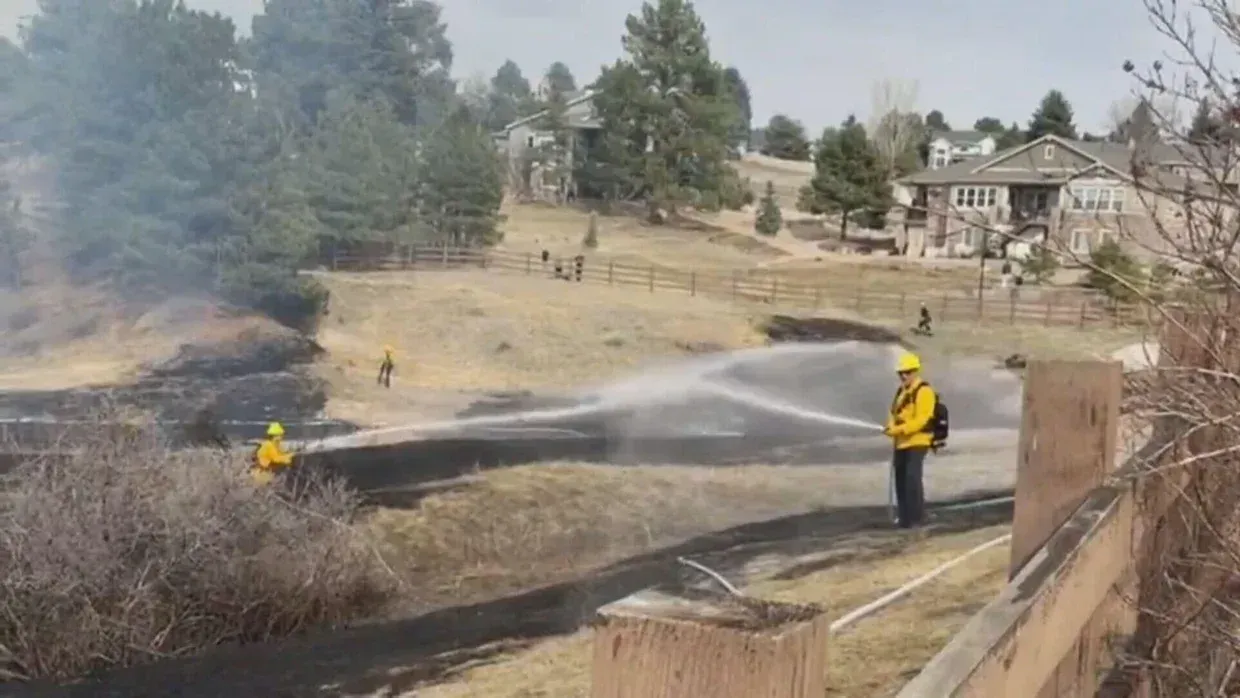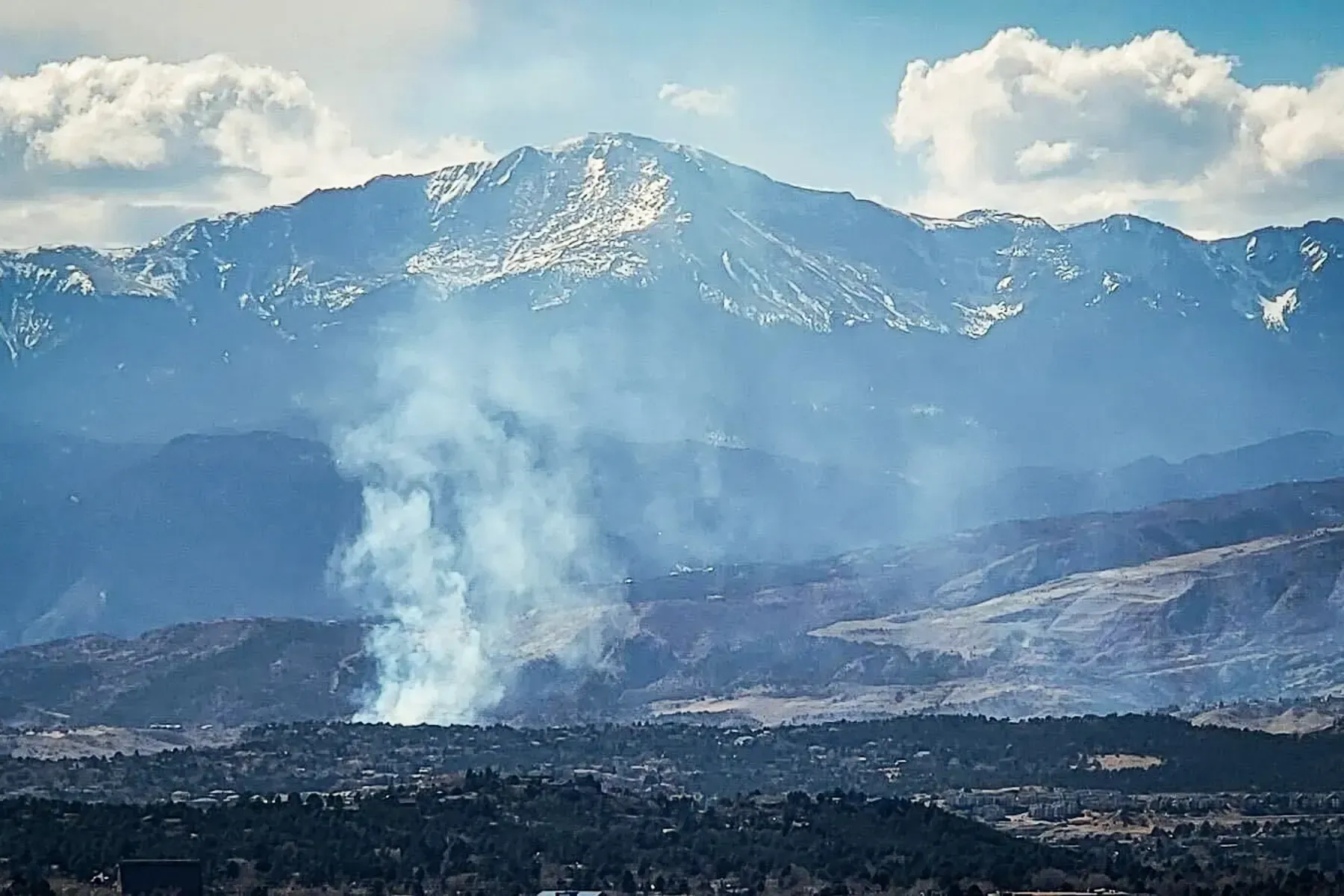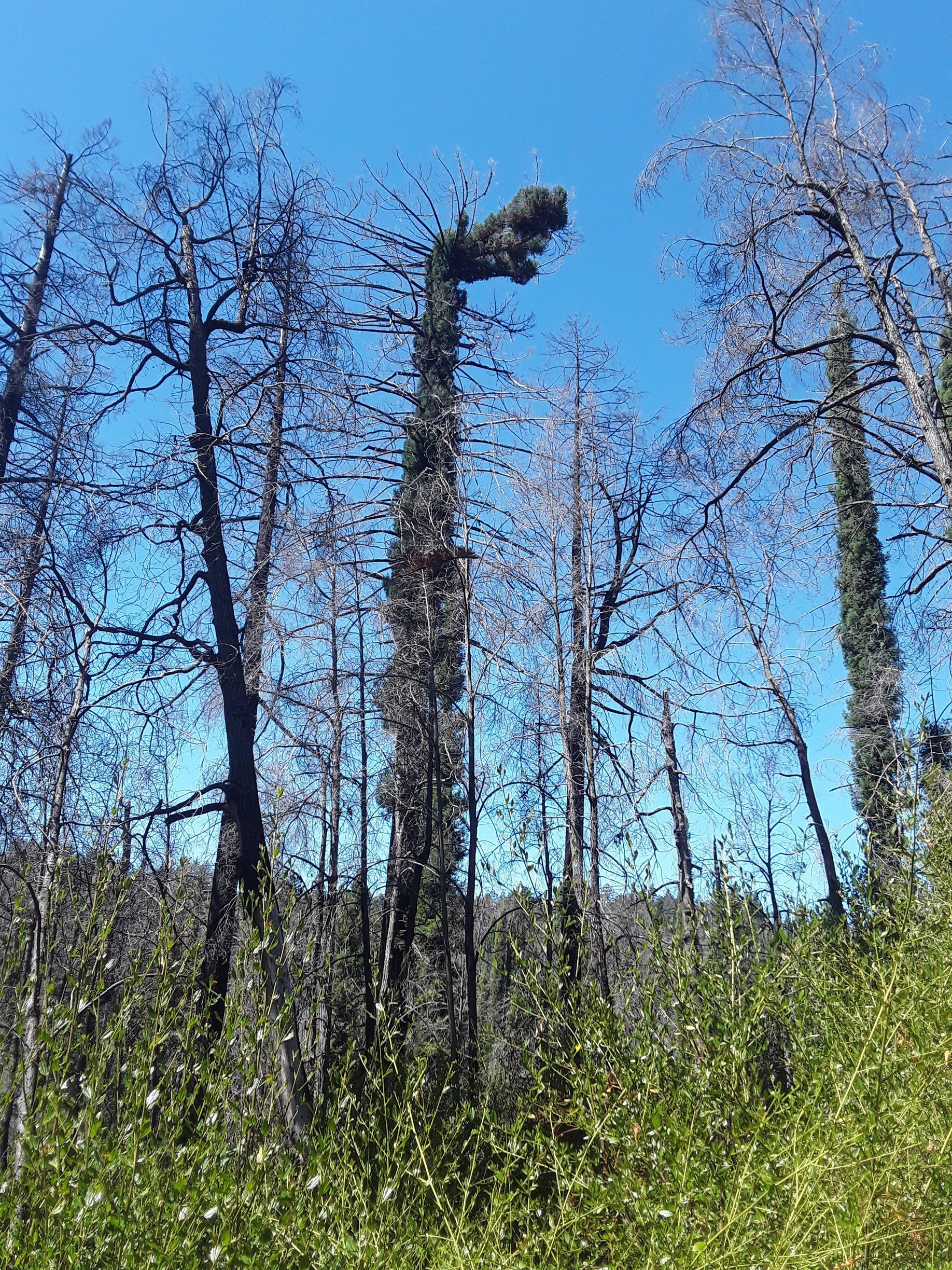Pruning Season in Colorado 2025
A Colorado Gardener’s Guide to Pruning Trees the Right Way
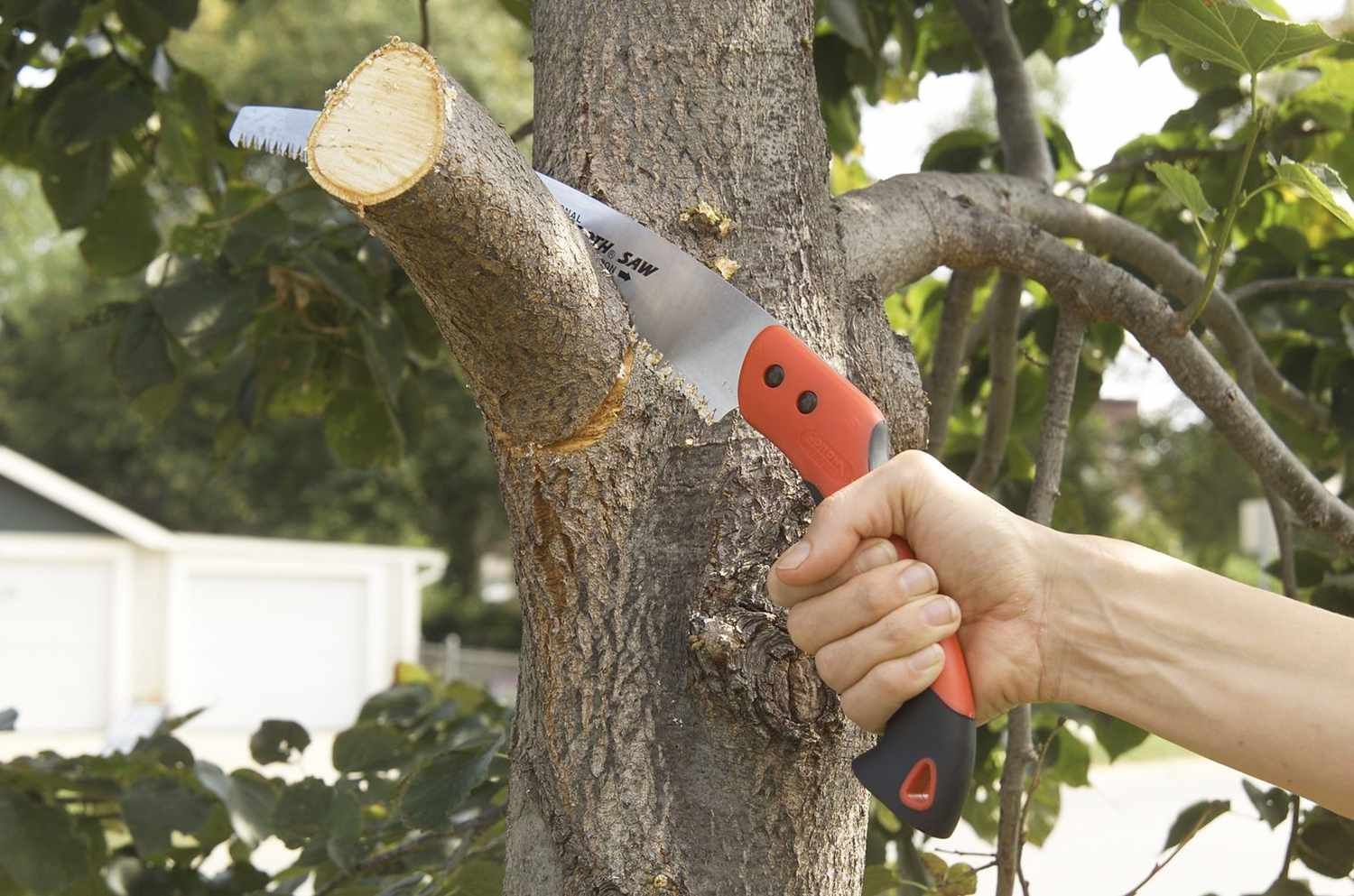
Pruning is one of the most important—and often misunderstood—tasks for tree care in Colorado. Done properly, it helps trees grow stronger, stay healthy, and maintain an appealing shape. Done improperly, it can stress trees, invite disease, or even cause long-term damage. Whether you're tending to aspens in the mountains or shade trees in your suburban backyard, here’s what you need to know to prune trees effectively in Colorado.
Why Pruning Matters in Colorado
Colorado’s climate presents unique challenges for trees. Our dry air, intense sun, and wide temperature swings can already stress even the hardiest trees. Pruning helps reduce this stress by removing dead or diseased limbs, improving air circulation, and shaping growth to minimize wind resistance during powerful storms.
When to Prune Trees in Colorado
Late winter to early spring (February to April) is generally the best time for pruning most deciduous trees in Colorado. Trees are still dormant during this period, which minimizes sap loss and the risk of disease transmission. Once the buds start swelling, it’s a signal that the window is closing.
Avoid late summer and fall pruning—this can stimulate new growth that may not harden off before winter, making branches more susceptible to frost damage.
Some species-specific tips:
- Fruit trees (apple, cherry, pear) benefit from early spring pruning for better air flow and fruit production.
- Aspens, common at higher elevations, should only be lightly pruned and never topped, as they’re highly susceptible to fungal infection.
- Evergreens like pines and spruces typically need minimal pruning. If needed, prune in late winter or very early spring.
How to Prune Trees Safely and Effectively
- Start with the 3 Ds: Remove any Dead, Diseased, or Damaged branches. These not only detract from a tree’s health but can also break off during storms and cause damage.
- Avoid “topping” trees: This outdated practice—cutting off the main top portion of a tree—leads to weak regrowth and shortens a tree’s lifespan.
- Use the right tools: Clean, sharp pruners, loppers, and saws make clean cuts that heal faster. Sanitize tools between trees to prevent disease spread.
- Know the branch collar: When removing a branch, cut just outside the swollen area where the branch meets the trunk (the “branch collar”). This allows the tree to seal the wound properly.
- Don’t overdo it: Never remove more than 25% of a tree’s canopy in one season. Over-pruning can stress trees and reduce their ability to photosynthesize.
Local Considerations
- Altitude matters: Higher elevations have shorter growing seasons, so aim to finish pruning earlier in the season.
- Wildlife laws: If your property is home to nesting birds, especially raptors, check local and federal regulations before pruning during nesting season.
- Fire risk: In wildfire-prone areas, thinning branches and removing ladder fuels (lower limbs that can carry fire into a tree’s canopy) is not just smart—it may be necessary.
Consider Hiring a Professional
If you’re dealing with large trees, storm damage, or uncertain about the health of your tree, consider hiring a certified arborist. Look for professionals certified by the International Society of Arboriculture (ISA) and familiar with Colorado’s specific tree species and challenges.
Conclusion
Pruning trees in Colorado isn’t just about aesthetics—it’s about promoting long-term health and resilience in a sometimes harsh environment. With the right timing, tools, and techniques, your trees can thrive year after year. So sharpen those shears and get started this pruning season!


